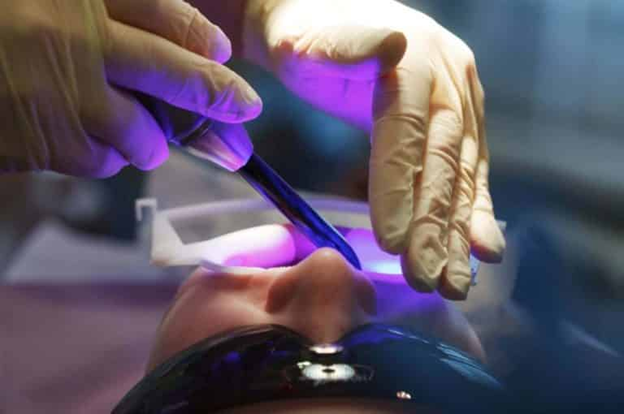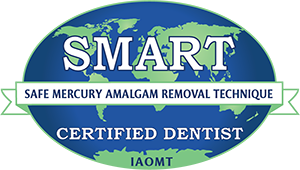Reasons to Be Thankful for Your Rapid City Dentist

A GREAT THING to remember for your list of things you’re grateful for is your Rapid City dentist. We’re almost at the...
6 Ways to Find the Best Dentist Near Me

Dentist Near Me in Rapid City, South Dakota Maybe you've just moved to a new neighborhood and are looking for a family dental practice? Whatever the reason, it can be overwhelming to know where to start. You want to find a dentist who can provide comprehensive dental care for your healthy smile for years to […]
Who is Your Cosmetic Dentist in Rapid City?

So Many Reasons Why You Should Choose a Cosmetic Dentist in Rapid City Your smile is the first thing people see, and it says more about you than you might think. Having discolored, missing, or chipped teeth can affect a person's judgment about who you really are. Today, there is so much pressure on having […]
Why Dental Health is a Personal Investment
We all know the saying: "health is wealth"- it never gets old because we know it always rings true. Health is a treasured source of wealth because it spares you from many serious conditions and illnesses, as well as the accompanying costs that come from the required treatment. The same is also true in the […]
Is Prolonged Soreness After a Dental Filling Common?
If our expert dentists find a cavity in a patient's tooth, we work to treat the cavity as soon as possible. After all, rapid response can prevent the decay from spreading and causing further damage. Often, we repair cavity damage with a filling. Many ask if it is common to have prolonged soreness after a […]
Relaxation Options for Anxious Dental Patients
A mother with two small children. She knows the value of dental treatment, and takes her children to the dentist regularly. Their teeth are healthy and clean, and so far have had no cavities. But her teeth are another story entirely. She doesn't know of the new relaxation options for anxious dental patients. When she […]
Four Things to Know About Porcelain and Composite Fillings

When you're faced with a choice of fillings, the chances are you want ones that will look natural in your mouth and also last for a long time. At Rushmore Dental, you have a few choices available. We want you to have the information necessary to make the best decision for your health and your […]
Three Times You Might Need A Filling-Even If Your Tooth Doesn’t Hurt!
Have you ever been surprised on a visit to the dentist? Sometimes, even if you've been having your six-month cleanings and keeping up with your dental hygiene, you still get a cavity. They don't necessarily hurt, but cavities need to be fixed as soon as they're found, to prevent further destruction to your teeth! Here […]
How to Know What Your Dental Insurance Covers
Has it been a while since you last saw a dentist? At Rushmore Dental, we're committed to help our patients minimize the financial impact of their oral health care. We believe that you deserve to know what you need to pay for, when you're required to pay for treatment, and how much your insurance plan […]
The Cost of Skipping Dental Care
A trip to the dentist may seem like a harmless thing to postpone. Schedules get busy and arranging to visit your family dentist can cost time and money, depending on the type of coverage you have. In the long run, however, the cost of skipping dental care and preventative check-ups and early treatments is greater […]



